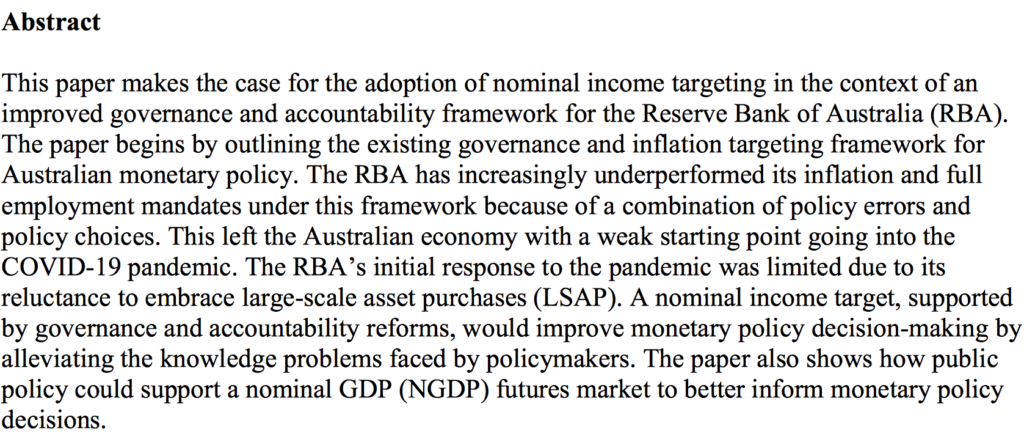John Cochrane has a new post with the following headline:
Gamestop. 1999 déjà vu all over again?
In context, Cochrane seems to be referring to the tech stock “bubble” of 1999, a year when the NASDAQ rose from about 2200 to just over 4000. If you bought a NASDAQ index fund during 1999 at say 3250 and held it until today, it would be valued at over 13,000, even after this week’s drop (and not even including dividend reinvestment.)
So what does 1999 all over again mean? Does it mean that GameStop shares purchased for $325 will be worth $1300 in 22 years, plus dividends? A buy signal? I don’t think that’s what Cochrane means; it seems like he’s rather skeptical of the future prospects of this controversial stock. (Although he wisely refrains from specific investment advice, something I also plan to do.)
I mention this example to remind readers that while 1999 is often viewed as a classic stock price bubble, there’s actually very little evidence that tech stocks were greatly overvalued back in 1999, at least in aggregate.
Bitcoin was about $2 when I first became aware of the topic. All my Bitcoin posts have basically had the same message—it’s probably not a bubble because there is no such thing as bubbles. As Bitcoin became more successful, I also pointed out that in an efficient market, 99% of Bitcoin-type investments should eventually collapse to almost nothing.
That might sound odd, but consider the alternative. Suppose that even 10% of investments such as early Bitcoin, early Amazon, early Tesla, etc., turned out to be wildly successful, rising 1000-fold. The other 90% fell to zero. A diversified portfolio full of that sort of speculative stock would yield a return that is far above the market average, roughly a 100-fold gain.
Investors know that a few of these high risk/high reward stocks will become highly successful. As a result, they all trade at high prices (relative to earnings). Eventually, most of these companies end up doing poorly, which operates via “confirmation bias” to convince most people that they were right about bubbles, even though they were wrong. They remember that they always knew Pet.com would fail and forget that they refrained from buying Amazon for $7 back in 2001. How could a money-losing seller of books on the internet ever become a huge success?
In the early 2010s, I had no idea what was going on with Bitcoin, and still don’t really understand the investment. But I think I at least understand that I don’t understand it. You say nothing “fundamental” has changed with GameStop in the past week? OK, maybe, but are you sure? Does becoming 10 times more famous and developing a strong emotional connection to many millennials have zero value to a retailer? I don’t even play computer games, so I have absolutely no opinion on this stock. But how confident are you in your opinion?
This is why it’s so hard to test the EMH. The collapse of what looks like speculative bubbles seems like evidence against the EMH, but in fact the theory predicts that the vast majority of speculative “bubbles” will collapse, in order that the expected rate of return on portfolios that include Bitcoin, Amazon and Tesla is consistent with the risk-adjusted rate of return on other portfolios. The statement “speculative stock X is very likely to be lower in a couple years” is not at all equivalent to “speculative stock X is a bad investment.”
This aspect of market behavior is really hard for people to see, and as a result the vast majority of people never see it. Selling people on the EMH is like trying to convince someone that there’s no such thing as objective truth, or free will, or personal identity. If their brains are not wired in such a way as to grasp the idea, there’s no way to make them see it. Vase/profile.
People aren’t even thinking about the EMH question in the right way—they think it can be answered by squinting very hard at some so-called “bubbles” and figuring out whether the market was irrational. The actual question is, “What anti-EMH models are useful to me?”
Don’t bother arguing with me in the comment section; I’m a pragmatist. Do one of these three things:
- Short a stock that you think is overvalued.
- Go long on a stock you think is undervalued.
- Agree with me that markets are efficient.
PS. In 2013, I quoted Tyler Cowen saying the following:
With apologies to Scott Sumner, I say Bitcoin is a bubble. Outside of war and rebellion, do “normal” new currencies behave this way?
Read my whole 2013 post, and tell me how my claims on everything from Bitcoin to stock prices look today.
PPS. Here’s how to tell if you understood the argument I made in this post. Is the Bitcoin story of the past decade:
A. A single data point against bubble theories?
B. A thousand data points against bubble theories?
The answer is B. It’s an absolutely crushing blow to asset price bubble theories. Devastating. It allows for 999 other asset price collapses in a world totally free of bubbles. NOW how are you going to prove that bubbles exist?
🙂



